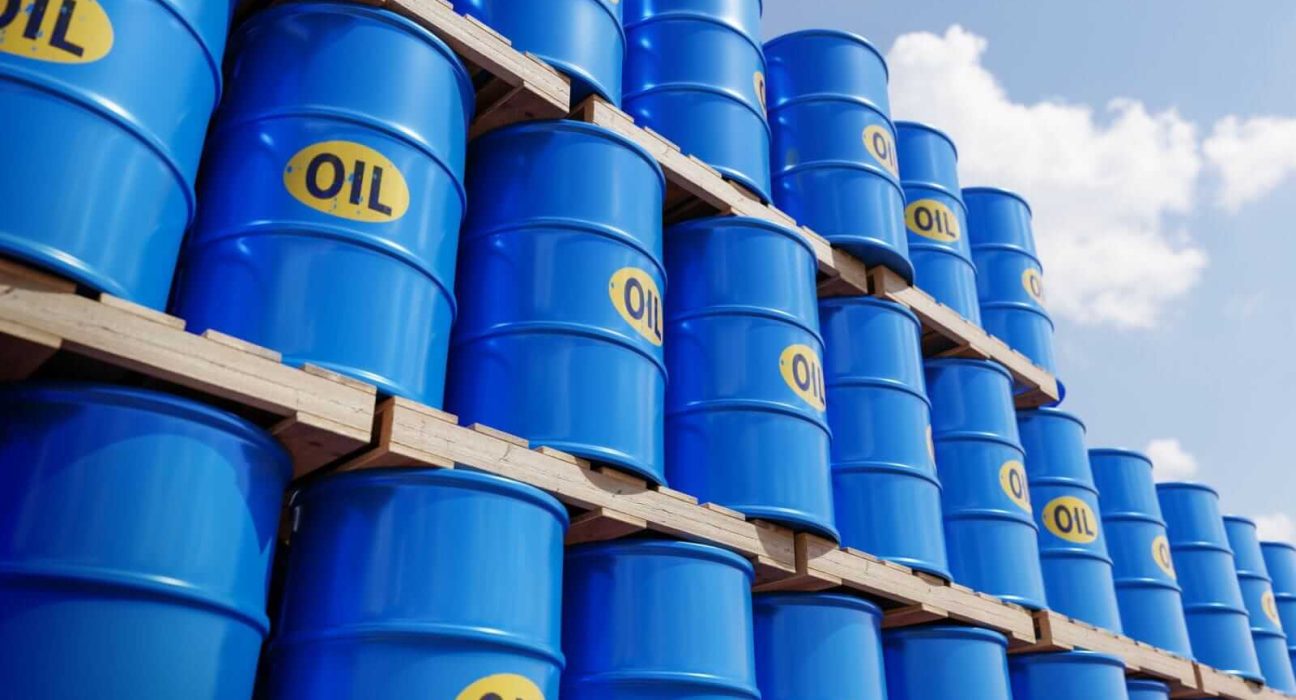Nigeria’s major crude oil grades have recorded a sharp price increase amid rising geopolitical tensions in the Middle East, as fears of a full-blown conflict between Israel and Iran push global energy markets into turmoil.
As of Sunday, Bonny Light crude climbed to $78.62 per barrel, while Brass River and Qua Iboe were priced at $77.09 and $77.14, respectively, according to data from Oilprice.com. The surge marks a significant rebound from the $65 range recorded in the days prior, and now exceeds Nigeria’s 2025 budget benchmark of $75 per barrel.
The rally follows Israeli airstrikes on Iranian territory and Iran’s subsequent retaliatory drone and missile attacks, a development that has reignited fears of disruptions to oil flows across the Gulf and the broader Middle East.
“The geopolitical risk premium is back,” Oilprice.com reported, as Brent crude futures briefly spiked to $84 per barrel on Friday before settling around $82. U.S. benchmark WTI crude also surged to nearly $80 in intraday trading.
While Israel’s military actions have not yet targeted oil infrastructure directly, global markets remain jittery over possible retaliatory moves that could impact the Strait of Hormuz, a critical maritime route through which about 20% of the world’s oil supply is transported daily. Energy analysts warn that any disruption in this corridor could send oil prices soaring well beyond current levels.
For Nigeria, the price surge presents a mixed picture. On one hand, the country stands to benefit from increased oil revenues, especially as current prices exceed the federal government’s budget forecast. This could offer a short-term fiscal cushion for the oil-dependent economy.
On the other hand, the higher prices could spell trouble for consumers. Nigeria imports a significant portion of its refined petroleum products, and refiners globally are already facing increased feedstock costs. Experts say this could result in a fresh round of fuel price hikes locally, at a time when many Nigerians are already grappling with inflation and rising living costs.
“If this price trend continues, we may see domestic petrol and diesel prices rise again,” said Tunde Oladipo, an energy economist based in Abuja. “That’s a concern for household spending, especially with the weakening naira and subsidy removal.”
The oil price rally coincided with a volatile Friday in global markets. U.S. stock futures dipped, and investors fled to safe-haven assets like gold, as fears of escalation rattled confidence. Israel also reportedly shut down several gas production facilities over the weekend as a precautionary measure.
While there’s currently no indication of a full-scale war, the situation remains fluid. Any further escalation between Israel and Iran or disruptions to key oil infrastructure could see crude prices breach new highs, potentially tipping the global economy into a new phase of energy uncertainty.
In the meantime, officials are closely monitoring global trends. Analysts say how Nigeria leverages this moment, through increased production, stable exports, or timely policy responses, could determine whether the current oil boom becomes a blessing or another missed opportunity.

